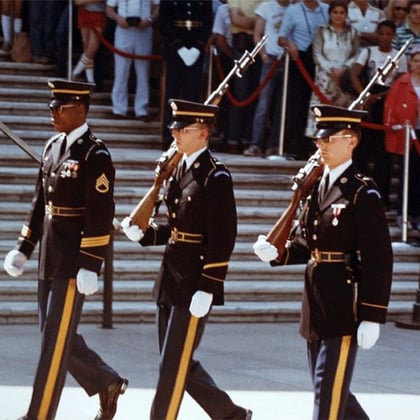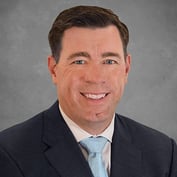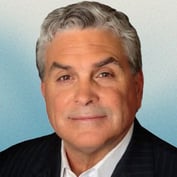In the rapidly growing financial advice industry, military veterans are seeking a career path that allows them to leverage their unique skill sets and continue serving those in need.
As veterans consider transitioning to civilian life after a demanding military career, the field of financial advice offers numerous opportunities to make a meaningful impact on individuals, families and communities — including military families who may not have had the time, opportunity or access to experts who can help them manage and handle financial matters.
A career as a financial advisor is about bringing Wall Street to Main Street, in a highly personalized setting that meets the needs of everyday people, wherever they are. We often hear about Federal Reserve rate hikes or the stock market’s overall performance, but economic news can sometimes feel remote or abstract to many.
As a financial advisor, you shepherd clients and their household finances, even in an unpredictable market cycle such as the one we’re in now.
When they join the right financial firm, veterans can thrive with access to hands-on learning, a deep network of mentors familiar with veterans transitioning to civilian jobs and both local business and industry resources if they’re eager to excel and invest the time to learn.
Prospective clients are often overwhelmed with options and aren’t sure who to trust with their finances. But by working with a firm with local and home office support and tapping into the knowledge and experience of trailblazing veterans already in the industry, veterans who join the civilian workforce as financial advisors can build an exceptional career that has real-life impacts, helping create greater security for their clients’ futures.
Veterans-turned-financial advisors I know tell me they believe they’re in the right industry at the right time.
Financial advisors are in demand now more than ever, for the following reasons:
1. More Americans need advisors.
Financial wellness and literacy have become increasingly important, particularly for an aging workforce, including government employees and members of the armed services.
As households undergo a significant intergenerational wealth transfer, financial advisors play a critical role in guiding individuals through important financial decisions. According to Cerulli Associates’ 2021 forecast, nearly 45 million U.S. households are expected to transfer more than $68 trillion in assets over the next 25 years.








 November 13, 2023 at 04:50 PM
November 13, 2023 at 04:50 PM












 Copyright © 2024 ALM Global, LLC. All Rights Reserved.
Copyright © 2024 ALM Global, LLC. All Rights Reserved.